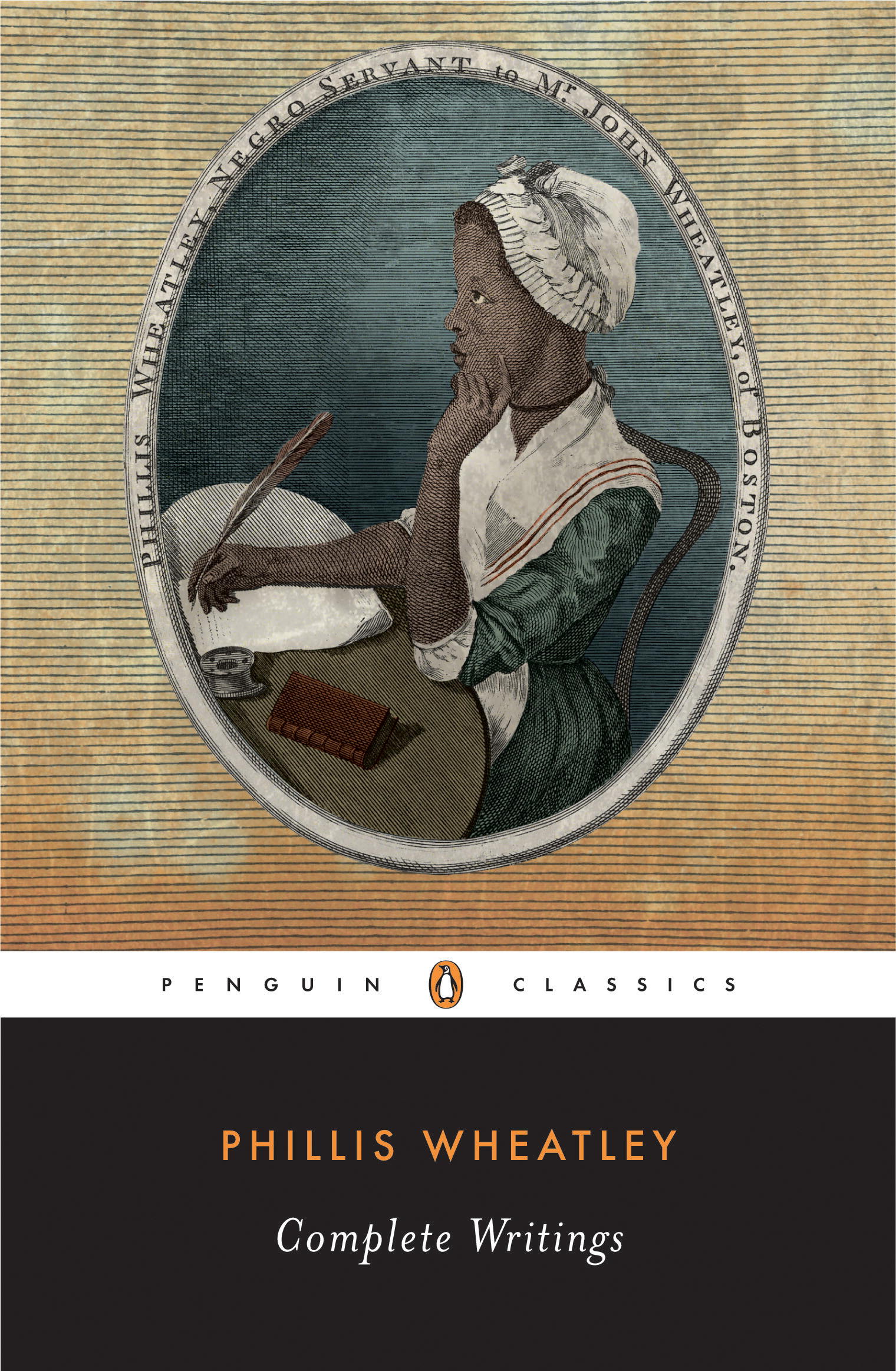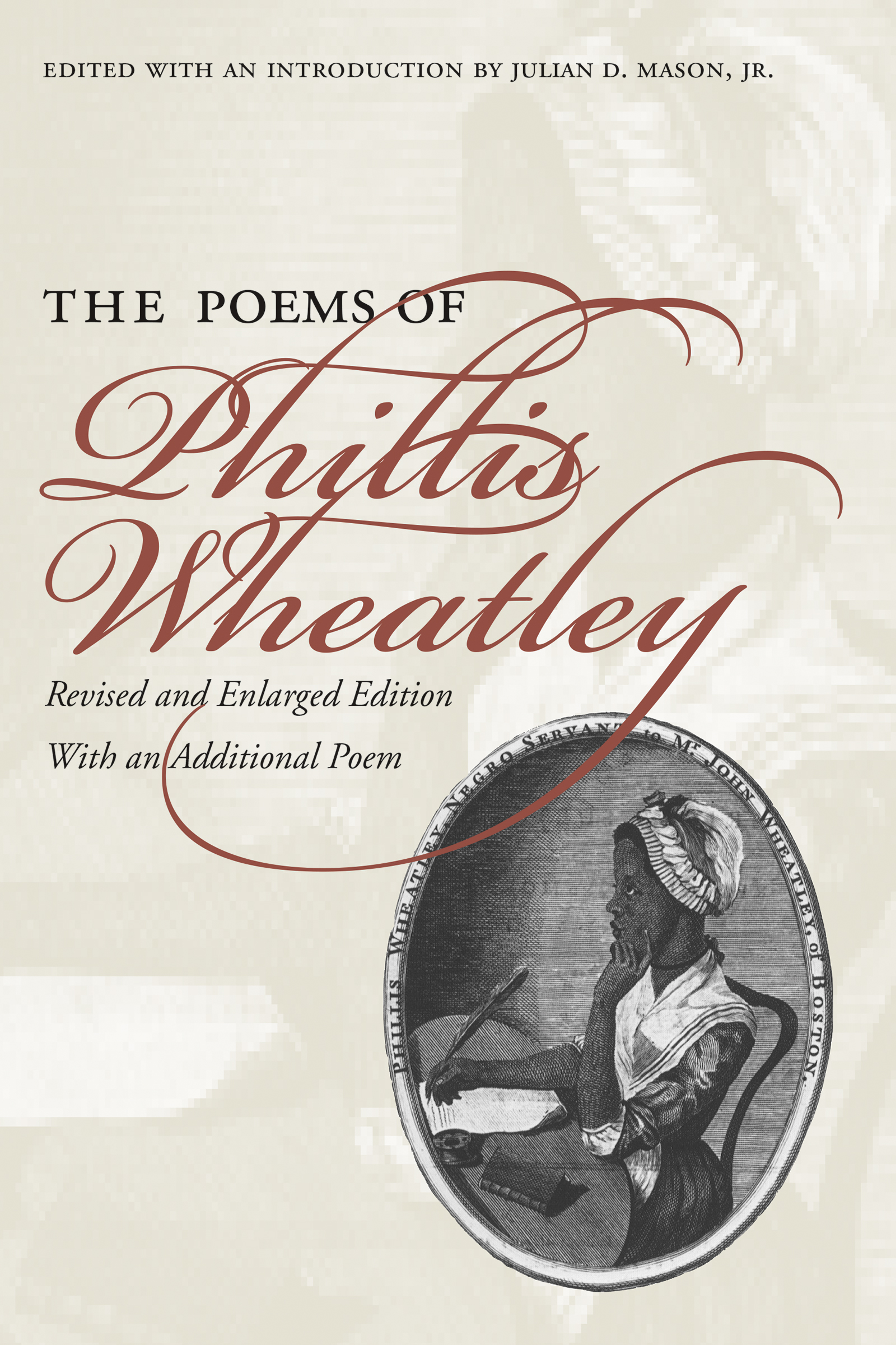Phillis Wheatley
Phillis Wheatley (born c. 1753, present-day Senegal?, West Africa—died December 5, 1784, Boston, Massachusetts, U.S.) was the first Black woman to become a poet of note in the United States.
The girl who was to be named Phillis Wheatley was captur
... Read more
Phillis Wheatley (born c. 1753, present-day Senegal?, West Africa—died December 5, 1784, Boston, Massachusetts, U.S.) was the first Black woman to become a poet of note in the United States.
The girl who was to be named Phillis Wheatley was captured in West Africa and taken to Boston by slave traders in 1761. She was enslaved by a tailor, John Wheatley, and his wife, Susanna. They named her Phillis because that was the name of the ship on which she arrived in Boston. She received an education in the Wheatley household while also working for the family; unusual for an enslaved person, she was taught to read and write. In less than two years, Phillis had mastered English. She went on to learn Greek and Latin and caused a stir among Boston scholars by translating a tale from Ovid. Beginning in her early teens, she wrote verse that was stylistically influenced by British Neoclassical poets such as Alexander Pope and was largely concerned with morality, piety, and freedom.
Though Wheatley generally avoided making the topic of slavery explicit in her poetry, her identity as an enslaved woman was always present, even if her experience of slavery may have been atypical. The poem for which she is best known today, On Being Brought from Africa to America (written 1768), directly addresses slavery within the framework of Christianity, which the poem describes as the “mercy” that “brought me from my Pagan land” and gave her a “redemption” that she “neither sought nor knew.” The poem concludes with a rebuke to those who view Black people negatively.
Less









